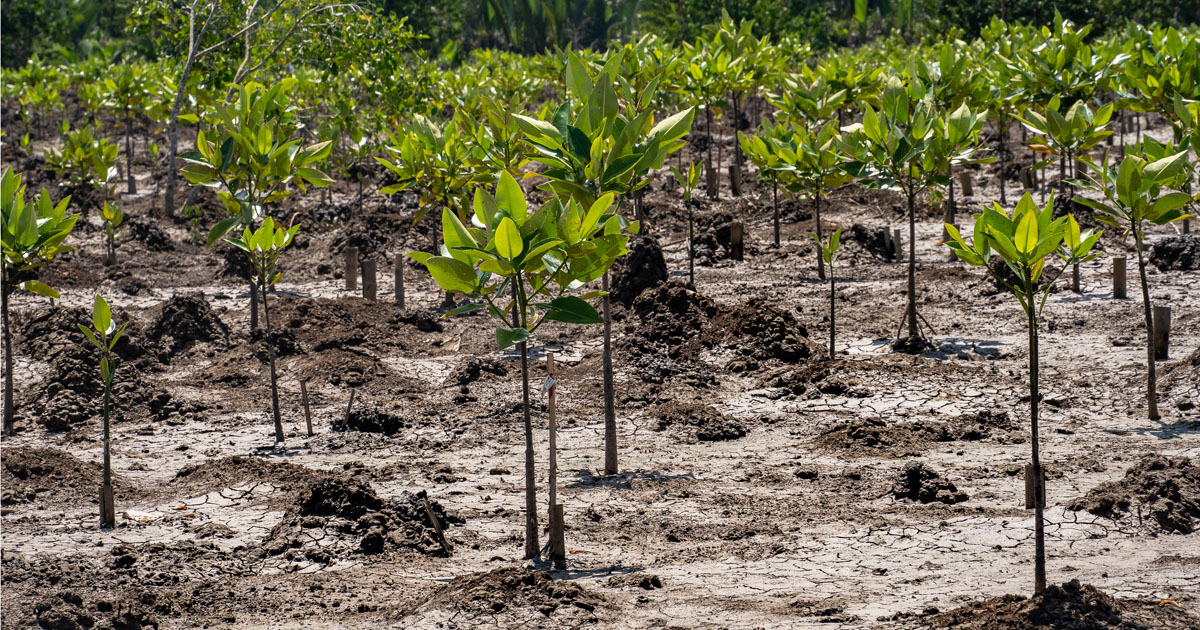The Government of Vietnam considers carbon trading an effective mechanism to mitigate climate change. Vietnam is currently piloting voluntary carbon trading schemes in its North Central Coast region under the World Bank’s Forest Carbon Partnership Facility (FCPF). Additionally, efforts are underway to transfer emissions reduction results from the South Central Coast and Central Highlands regions under the LEAF (Lowering Emissions by Accelerating Forest finance) programme. These voluntary initiatives help Vietnam test and refine its carbon trading mechanisms and prepare for broader implementation.
The Vietnamese government is also developing a carbon credit offset exchange mechanism as part of its compulsory domestic carbon market. This system is expected to officially commence in 2028 and include carbon credits from forestry projects, highlighting the importance of forest conservation and reforestation in Vietnam’s overall emissions reduction strategy. To trade carbon credits effectively and ensure their credibility, it is essential to adhere to robust carbon standards. These standards dictate how carbon emissions reductions are measured, reported and verified. They ensure that the carbon credits traded represent real, additional and verifiable reductions in greenhouse gas emissions, or increases in carbon sequestration. Carbon credits must also align with Vietnam’s Nationally Determined Contribution (NDC) under the Paris Agreement. This alignment helps ensure that carbon trading efforts contribute meaningfully to the country’s climate goals.
Vietnam’s potential for blue carbon is significant given its extensive mangrove forests, which play a crucial role in carbon sequestration and climate mitigation. This webinar will provide an update on Vietnam’s progress in developing its national forest carbon standard, and explore how blue carbon methodologies, including Plan Vivo, can enhance this development.
Expected outcomes:
- Increased understanding of Vietnam’s progress with its forest carbon standard and carbon trading mechanisms;
- Insight into how blue carbon methodologies, such as Plan Vivo, can be integrated into the national standard;
- Enhanced collaboration and information exchange among stakeholders involved in carbon trading and environmental sustainability.






















